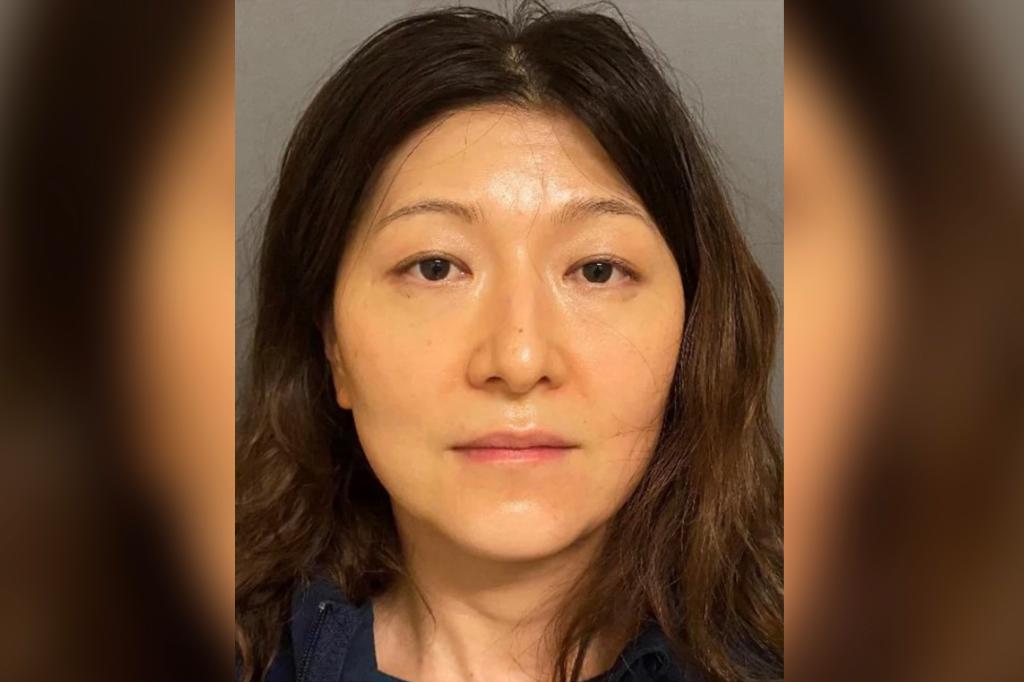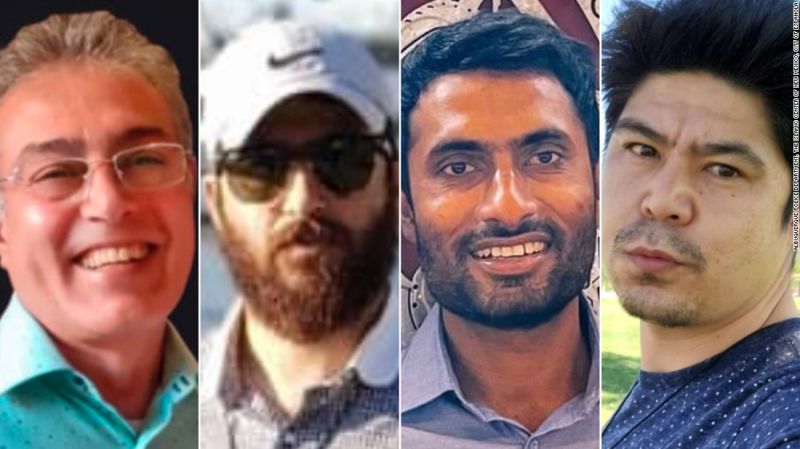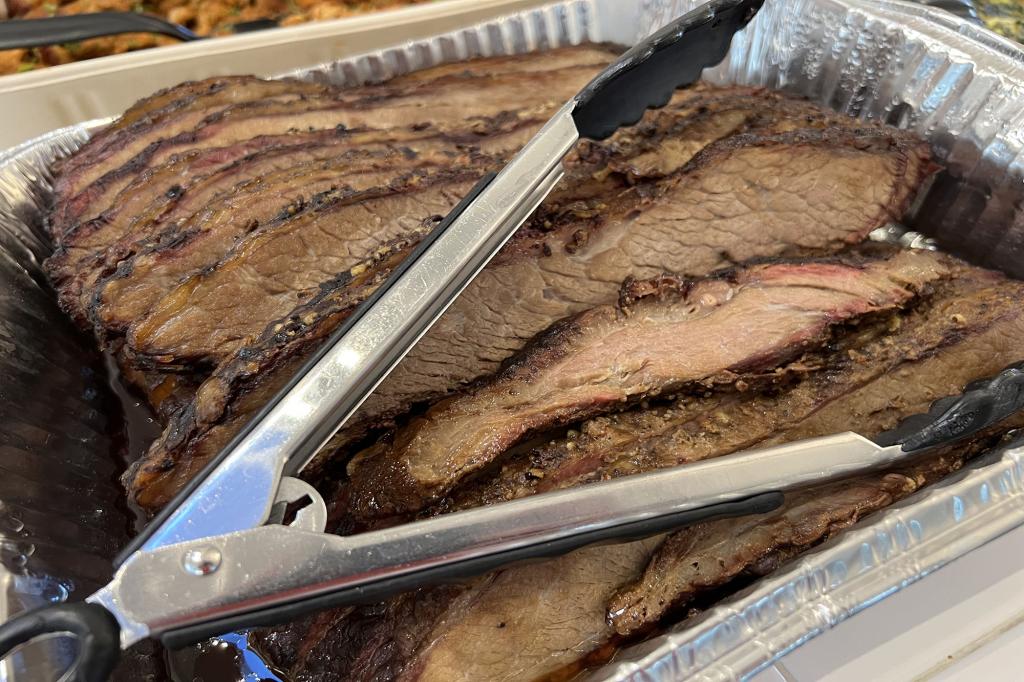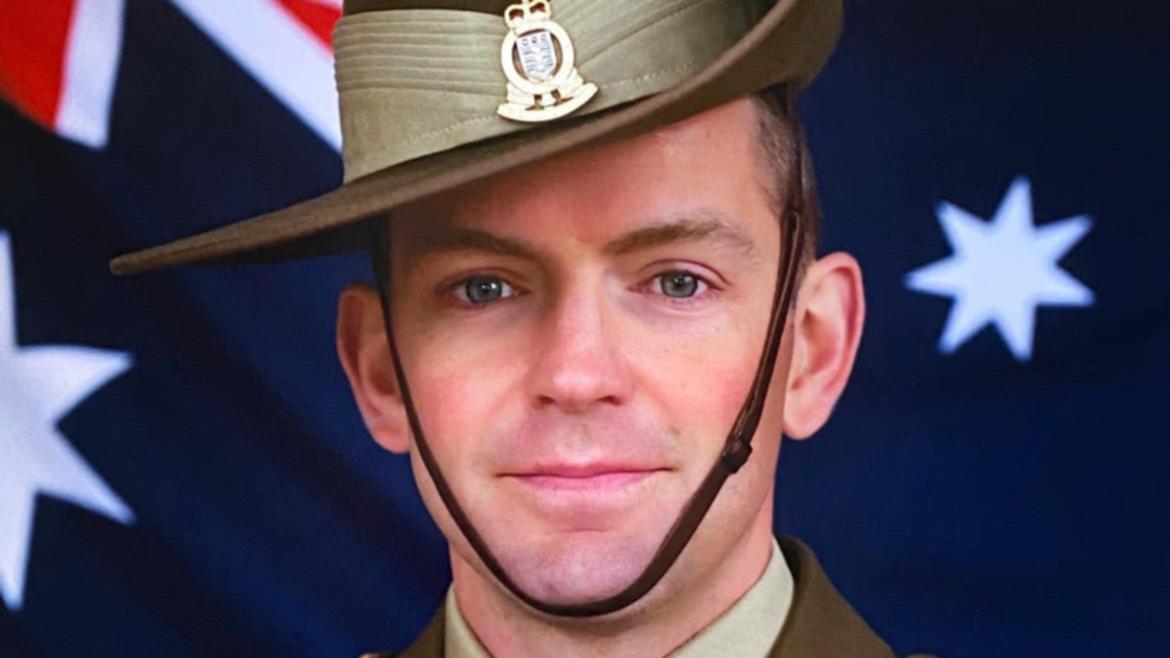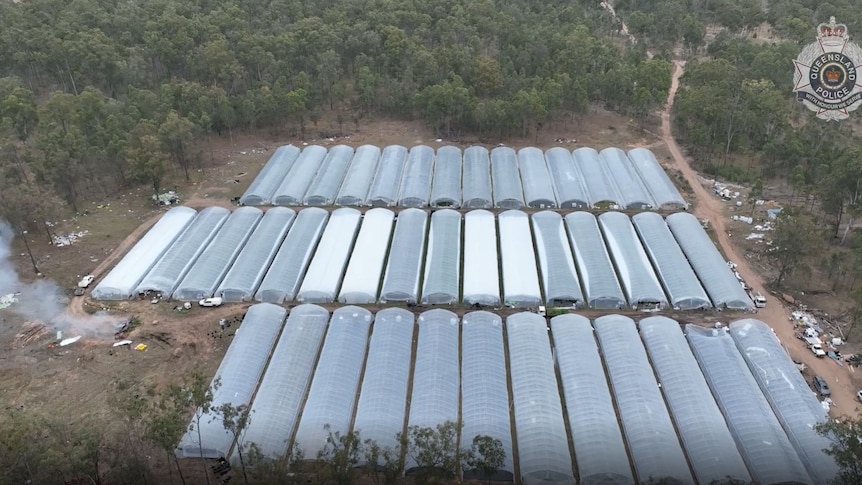BRUNSWICK, Ga. (AP) — The white man who fatally shot Ahmaud Arbery after chasing the 25-year-old Black man in a Georgia neighborhood was sentenced Monday to life in prison for committing a federal hate crime.
Travis McMichael was sentenced by US District Court Judge Lisa Godbey Wood in the port city of Brunswick. His punishment of him is largely symbolic, as McMichael was sentenced earlier this year to life without parole in a Georgia state court for Arbery’s murder.
Wood said McMichael had received a fair trial.
“And it’s not lost on the court that it was the kind of trial that Ahmaud Arbery did not receive before he was shot and killed,” the judge said.
Before the sentencing, she heard from members of Arbery’s family. Her mother, Wanda Cooper-Jones, said she feels every shot that was fired at her son from her everyday.
“It’s so unfair, so unfair, so unfair that he was killed while he was not even committing a crime,” she said.
McMichael declined to address the court, but his attorney, Amy Lee Copeland, said her client had no convictions before Arbery’s slaying and had served in the US Coast Guard. She said a lighter sentence would be more consistent with what similarly charged defendants have received in other cases, noting that the officer who killed George Floyd in Minneapolis, Derek Chauvin, got 21 years in prison for violating Floyd’s civil rights, though he was not charged with targeting Floyd because of his race.
McMichael was one of three defendants convicted in February of federal hate crime charges. His father, Greg McMichael, and neighbor William “Roddie” Bryan had sentencing hearings scheduled later Monday.
The McMichaels armed themselves with guns and used a pickup truck to chase Arbery after he ran past their home on Feb. 23, 2020. Bryan joined the pursuit in his own truck and recorded cellphone video of McMichael shooting Arbery with a shotgun as Arbery threw punches and grabbed at the weapon.
The McMichaels told police they suspected Arbery was a burglar. Investigators determined he was unarmed and had committed no crimes.
Arbery’s killing became part of a larger national reckoning over racial injustice and killings of unarmed Black people including Floyd and Breonna Taylor in Kentucky. Those two cases also resulted in the Justice Department bringing federal charges.
“The evidence we presented at trial proved … what so many people felt in their hearts when they watched the video of Ahmaud’s tragic and unnecessary death: This would have never happened if he had been white,” prosecutor Christopher Perras said before Travis McMichael was sentenced.
Greg McMichael and Bryan also face possible life sentences after a jury convicted them in February of federal hate crimes, concluding that they violated Arbery’s civil rights and targeted him because of his race. All three men were also found guilty of attempted kidnapping, and the McMichaels face additional penalties for using firearms to commit a violent crime.
A state Superior Court judge imposed life sentences for all three men in January for Arbery’s murder, with both McMichaels denied any chance of parole.
All three defendants have remained jailed in coastal Glynn County, in the custody of US marshals, while awaiting sentencing after their federal convictions in January.
Because they were first charged and convicted of murder in a state court, protocol would have turned them over to the Georgia Department of Corrections to serve their life terms in a state prison.
In a court filings last week, both Travis and Greg McMichael asked the judge to instead divert them to a federal prisonsaying they won’t be safe in a Georgia prison system that’s the subject of a US Justice Department investigation focused on violence between inmates.
Copeland said during Monday’s hearing for Travis McMichael that her client has received hundreds of threats that he will be killed as soon as he arrives at state prison and that his photo has been circulated there on illegal phones.
“I am concerned your honor that my client effectively faces a back door death penalty,” she said, adding that “retribution and revenge” were not sentencing factors, even for a defendant who is “publicly reviled.”
Arbery’s family insisted that Travis McMichael serve his sentence in a state prison. His father, Marcus Arbery Sr., said Travis McMichael had shown his son no mercy and served to “rot” in state prison.
“You killed him because he was a Black man and you hate Black people,” he said. “You deserve no mercy.”
Wood said she didn’t have the authority to order the state to relinquish custody of Travis McMichael to the Federal Bureau of Prisons, but also wasn’t inclined to do so in his case.
During the February hate crimes trial, prosecutors fortified their case that Arbery’s killing was motivated by racism by showing the jury roughly two dozen text messages and social media posts in which Travis McMichael and Bryan used racist slurs and made disparaging comments about Black people.
Defense attorneys for the three men argued the McMichaels and Bryan didn’t pursue Arbery because of his race but acted on an earnest — though erroneous — suspicion that Arbery had committed crimes in their neighborhood.
.

